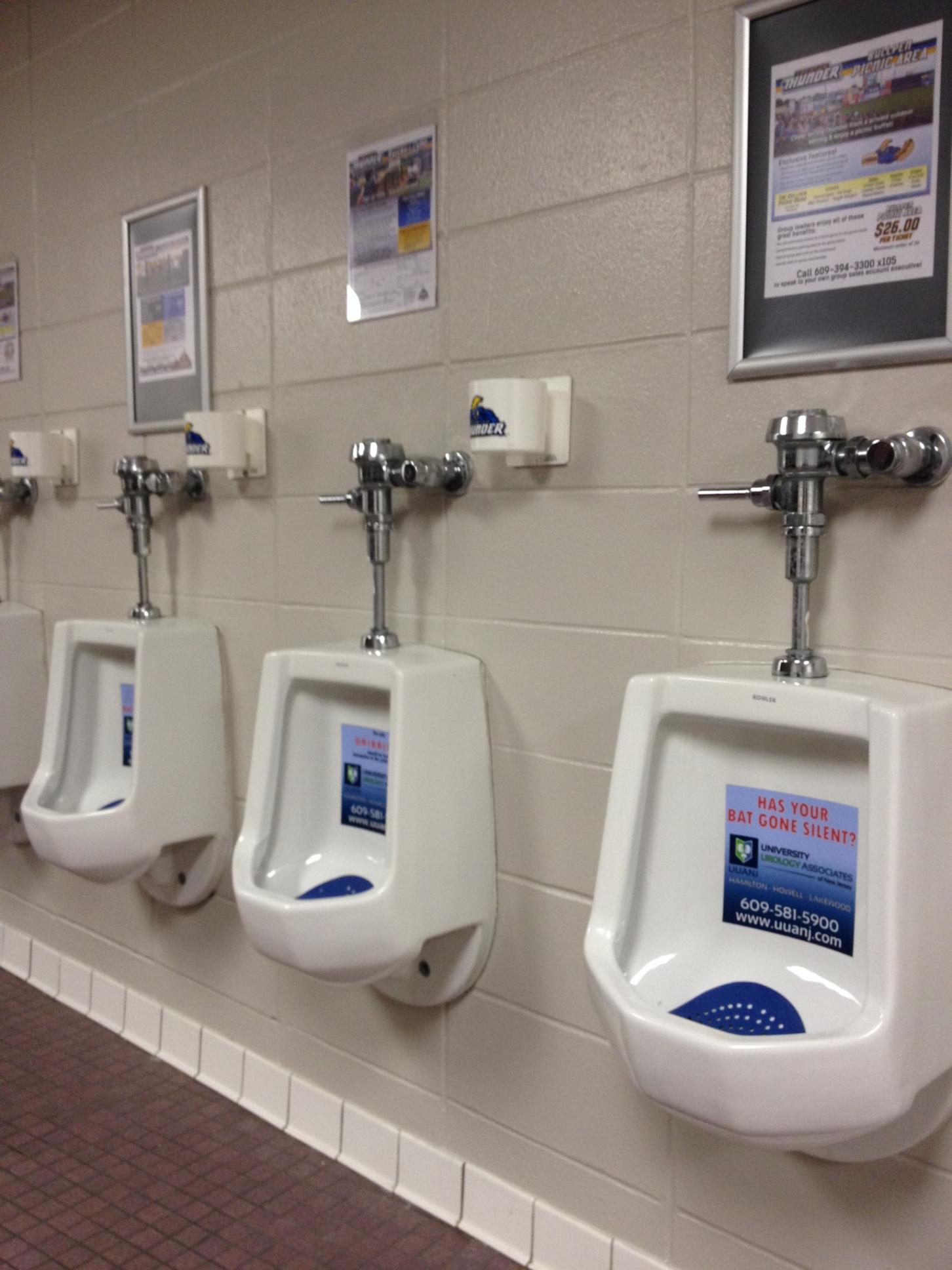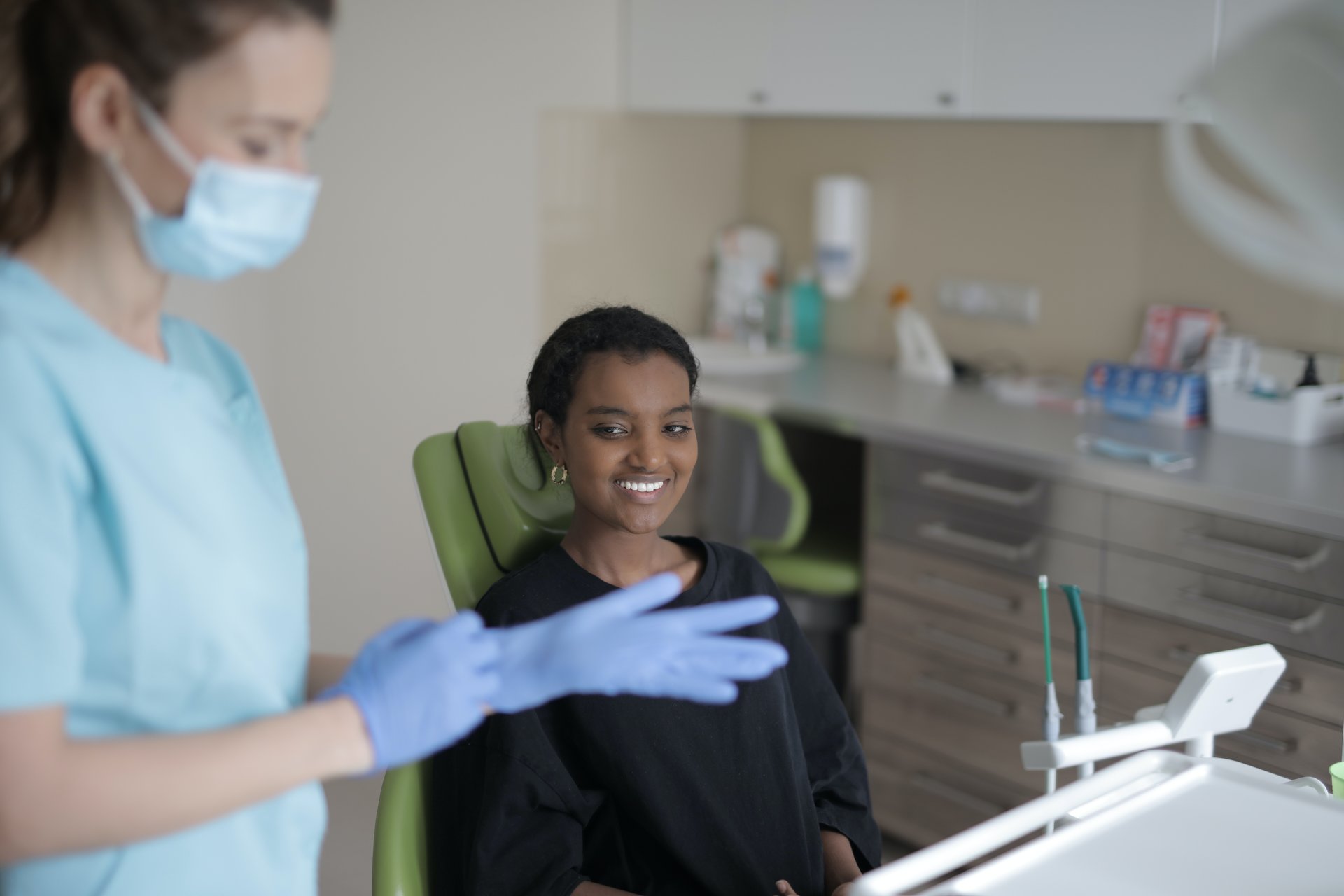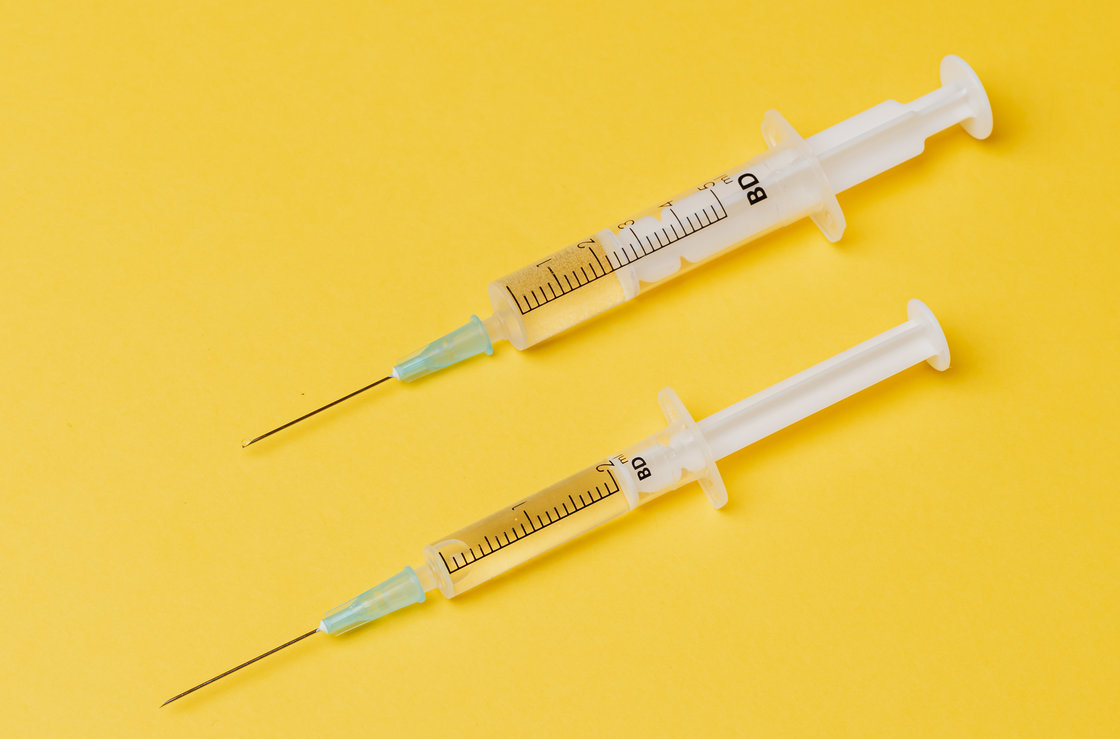Aging is a natural process that everyone has to go through, whether you like it or not. If you want to remain healthy for the years to come, you have to give in to modern medicine and the advice of medical professionals to maintain your well-being.
As you get older, you will start to need to make regular appointments with various doctors to assess your overall health. Among these various medical consultations would be visits to your urologist, which is recommended to do regularly upon hitting 40 years of age.
If you’re feeling a bit nervous, here are a few steps you could take to prepare you for a consultation with your urologist.
Part of a urology exam is giving your doctor a urine sample to check for some urologic diseases you may have. If you really can’t hold it in any longer, you can ask for a cup as soon as you arrive at the clinic, where you can relieve yourself immediately.
A urologist will ask you about your current prescriptions or if you’re taking any vitamin supplements. Make sure to list everything down before even approaching the office! This way, you won’t forget them when your doctor asks for it. Doing so is crucial, as urologists need to know which medicines to prescribe that won’t clash with the maintenance pills you’re already taking.
If you’re experiencing symptoms that could be related to a urological condition, make sure to remember them. In fact, writing them down will make it easier for you. Pointing out your concerns will help your doctor come up with a diagnosis better and rule out any condition you might have been harboring.
A urology doctor will ask you a series of questions during the consultation. Among these will be when your symptoms appear, if they have been recurring, as well as any history of urological disease, whether by you or any family member. Aside from this, the doctor may also ask about the number of times you urinate in a day to properly determine your case.
If you’ve experienced other kinds of diseases and health issues that aren’t related to urology, it’s still best for your doctor to know them. It will give them a better grasp of recognizing your symptoms and coming up with the results immediately.
There are different kinds of exams you have to follow for a urologist to figure out your disease. A general test includes a check of your genitourinary system. Meanwhile, if you have problems in the prostate, you have to undergo a digital rectal exam. For women who have urinary tract infections (UTI), then they will have to take a pelvic exam.
After the exam, your urologist will call you back in a few days to explain the results. If they still have some concerns, you will be required to accomplish more tests to solidify any diagnosis of your situation. Should you have any additional follow-up questions or concerns, this is the best time to ask your doctor—so make sure you remember to ask them right away!
Even if you aren’t displaying any severe symptoms that could lead to a urological disease, it’s best to consult with a doctor for regular check-ups. In doing so, you will have the satisfaction of knowing the specifics of your health early on—which consequently allows you to treat any sickness that may have been diagnosed from the onset.
Are you looking for a urologist in New Jersey to give you a check-up? At UUANJ, we provide comprehensive state of the art urological services with emphasis on patient education and shared decision making. Get in touch with us now for any questions and clarifications.
Disclaimer: All content found on the UUANJ.COM Website, including text, images, audio, or other formats were created for informational purposes only. The content is not intended to be a substitute for professional medical advice, diagnosis, or treatment. Always seek the advice of your physician or another qualified health provider with any questions you may have regarding a medical condition. Never disregard professional medical advice or delay in seeking it because of something you have read on this website. If you think you may have a medical emergency, call your doctor, go to the emergency department, or call 911 immediately.


